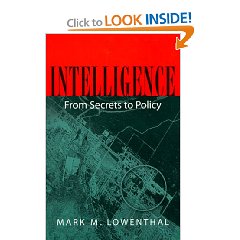April 7, 2000
Michel Foucault
Some serious food for thought here. Not only is the power to define madness, criminality, and sexuality addressed, but also the active use of criminals, and sex, to suppress and subjugate the populace. Somewhat more difficult to wade through but similar to Norman Cousins, it helped provoke my thinking on how top-down unilateral command based on secrets is inevitably going to give way to bottom-up multicultural decision-making by the people based on open sources evenly shared across networks. This is really very heavy stuff, and it helps call into question the “rationality” of both the Washington-based national security policymaking process, and the “rationality” of spending $30 billion a year on secrets in contrast to what that $30 billion a year might buy in terms of openly-available insights and overt information peacekeeping.






